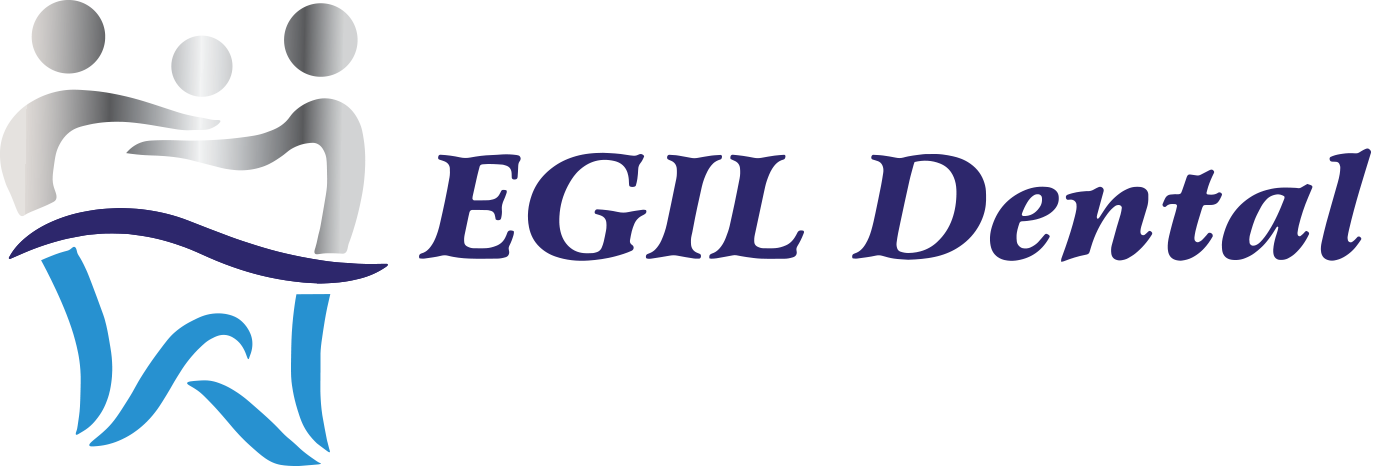Dental emergencies can happen unexpectedly and leave you in pain or discomfort. Knowing how to handle these situations can make all the difference in preserving your oral health. In this article, we will discuss common dental emergencies and provide guidance on what to do when faced with such a situation.
What Qualifies as a Dental Emergency?
A dental emergency refers to any sudden dental problem that requires immediate attention to relieve pain, preserve oral health, or prevent further complications. Some common dental emergencies include:
Tooth Fracture or Loss
If you experience a tooth fracture or completely lose a tooth, it is essential to act quickly. Retrieve any tooth fragments, gently rinse them with water, and try to place them back in the socket if possible. If that isn’t an option, keep the tooth in a container filled with milk or saliva and seek dental care immediately.
Severe Toothache
A severe toothache can be an indication of an underlying dental problem, such as an abscess or an infection. Rinse your mouth with warm saltwater and gently floss around the affected tooth to remove any trapped food particles. If the pain persists, contact your dentist as soon as possible.
Lost or Loose Dental Filling
If your dental filling becomes loose or falls out, it can expose the vulnerable tooth to decay and sensitivity. Keep the affected area clean and avoid chewing on that side. Contact your dentist to schedule an appointment for a replacement filling.
Broken or Loose Dental Crown
A broken or loose dental crown can cause discomfort and leave the underlying tooth susceptible to damage. If possible, try to keep the crown in place using dental cement or toothpaste until you can visit your dentist. Avoid chewing on the side of the mouth where the crown is affected.
What to Do in a Dental Emergency
During a dental emergency, it is crucial to remain calm and take appropriate action. Here are some steps to follow in common dental emergency situations:
Knocked-Out Tooth
If your tooth gets knocked out, quickly locate the tooth and handle it by the crown (the visible part). Avoid touching the root to prevent damage. Rinse the tooth gently with water, but do not scrub or remove any attached tissue fragments. Try to reinsert the tooth into the socket, holding it in place by gently biting down on a clean cloth. If reinsertion isn’t possible, keep the tooth in a container of milk or saliva and seek immediate dental care.
Severe Toothache
To alleviate a severe toothache temporarily, you can rinse your mouth with warm saltwater to reduce inflammation and relieve pain. Gently floss around the affected tooth to remove any food particles that might be causing discomfort. Avoid applying aspirin or any other painkiller directly to the gums, as it can cause chemical burns. Contact your dentist to schedule an appointment for long-term relief.
Broken Braces
If you experience a broken wire, use the eraser end of a pencil or a cotton swab to gently push it into a more comfortable position. If a wire is stuck in your gums, cheek, or tongue, do not attempt to remove it yourself. Seek professional assistance from your orthodontist.
Bitten Lip or Tongue
In case of a bitten lip or tongue, clean the area gently with water and apply a cold compress to reduce swelling. If the bleeding becomes severe or does not stop after a reasonable amount of time, consider seeking medical attention.
Preventing Dental Emergencies
While dental emergencies can occur unexpectedly, some precautions can help reduce the risk:
Maintain Good Oral Hygiene
Brush your teeth twice a day, floss daily, and rinse with an antiseptic mouthwash to keep your teeth and gums healthy. Regular dental check-ups can also help identify and address potential dental issues before they become emergencies.
Protect Your Teeth
If you participate in sports or recreational activities, wear a mouthguard to protect your teeth from accidents or trauma. Similarly, avoid using your teeth as tools to open packages or bite on hard objects, as this can lead to dental damage.
Be Mindful of Your Diet
Limit your consumption of sugary and acidic foods and drinks, as they can contribute to tooth decay and dental erosion. Opt for a balanced diet rich in fruits, vegetables, and calcium to support your oral health.
Seeking Professional Dental Care
In any dental emergency, it is crucial to contact your dentist as soon as possible. They have the necessary expertise and equipment to treat and resolve dental emergencies effectively. Remember, early intervention can prevent further complications and ensure a swift recovery.
In conclusion, dental emergencies can be distressing, but it’s essential to stay calm and take appropriate action. By understanding how to handle dental emergencies and practicing preventive measures, you can protect your oral health and preserve your beautiful smile.

